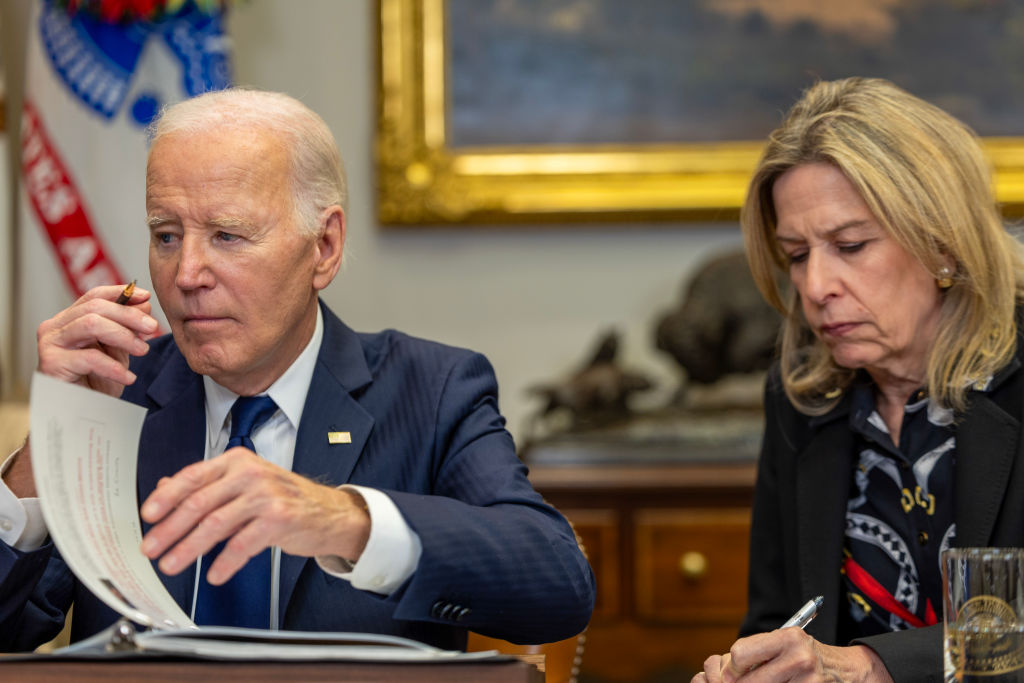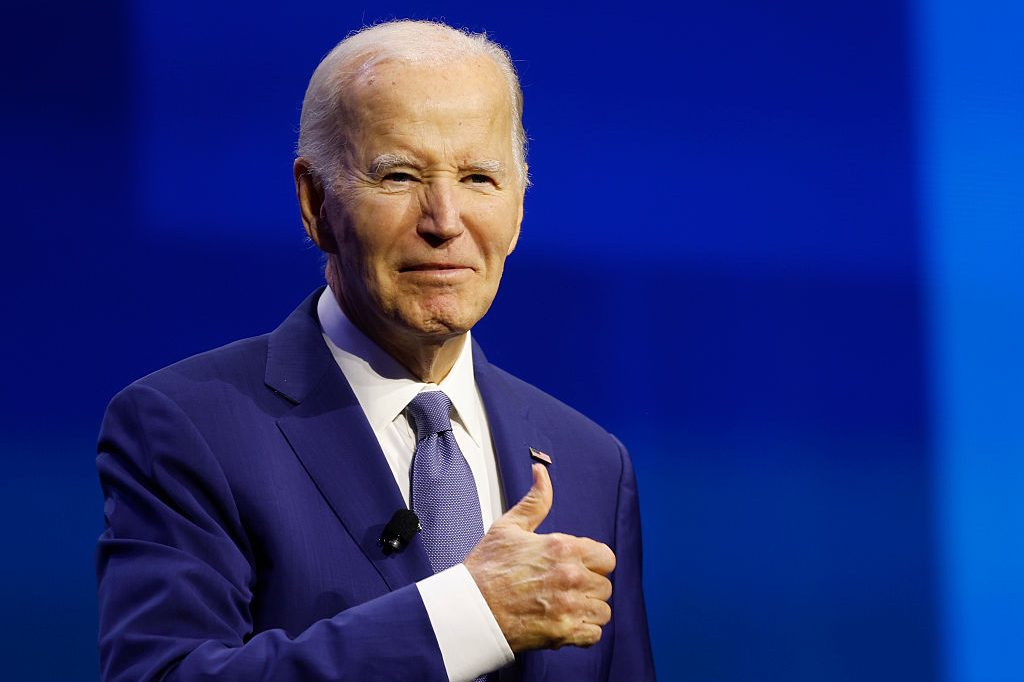An opinion piece in the Washington Post by Helaine Olen suggests that President Trump believes that the coronavirus can be conquered by the power of positive thinking (‘No, President Trump; the coronavirus won’t be fixed by positive thinking’), based on his enthusiasm for the philosophy of his early mentor, Norman Vincent Peale and his book, The Power of Positive Thinking. You can take issue with the president on a number of issues related to his handling of the epidemic: the availability of testing kits, sick pay for those who should self-isolate, the utility of the European flight ban. But it is pushing it to blame him for attributing to Positive Thinking the power to fix the corona virus unaided.
It’s always a pleasure to return to Peale’s upbeat book and what he has to say about positive thinking and health seems altogether harmless, indeed just fine. He doesn’t suggest that disease can be overcome by optimism/religious belief/magical thinking; he takes the reasonable view that, allied with proper medical treatment, prayer and positive thinking can help patients overcome illness. He nowhere suggests discarding the treatment and relying on prayer alone, though he does cite one man who told him how Bible reading had helped his recovery from a condition that doctors had taken a gloomy view of. ‘What did it?’ he asks. ‘The skillful work of the physician plus! And what was the plus? Obviously the faith that heals.’
That sort of thing annoys secular liberals. But let’s give the floor properly to Mr Peale. In his chapter on ‘How to Use Faith in Healing’, he declares that ‘we are learning that faith properly understood and applied is a powerful factor in overcoming disease and establishing health’. He talks about the souring effect of hatred on the psyche and the beneficial effects of forgiveness on mental health, which seems pretty unproblematic. He adds that there’s a profound connection between the physical and spiritual when it comes to human ills.
But on the issue of medicine and prayer — and for coronavirus we’re talking about tackling a straightforward infection — it’s both/and rather than either/or for Mr P:
‘A sensible and effective pattern for health and happiness is to utilize the skills and methods of medical science to the fullest possible extent and at the same time apply the wisdom, the experience and the techniques of spiritual science. There is impressive evidence to support the belief that God works through both the practitioner of science, the doctor, and the practitioner of faith, the minister. Many physicians join in this point of view.’
What’s not to like about that? Mr P would not be suggesting if he were with us right now that we go around coughing wantonly in our neighbor’s face, gratuitously shaking infected hands and eschewing vaccine research in order to leave the matter to Providence. He’d be fine with following the science, were he still with us; the Pope, come to that, agrees.
So when Miss Olen suggests that ‘the positive thinking approach to disease control has successfully infected the Republican mind’ — citing a poll from Quinnipiac university to the effect that two-thirds of Democrats are worried about infection as compared with a third of Republicans — I think she’s being unfair. If a poll suggested that Republicans were more likely not to wash their hands with soap and water than Democrats, this would be hair-raising; but no one’s saying that.
She also quotes Fox News star Jesse Watters declaring that ‘if I get it [coronavirus], I’ll beat it’. Well, good luck with that. But so long as he’s self isolating for the time it takes to keep himself out of other people’s harm’s way, then it’s really not an issue if he’s thinking positively or not. And maybe — who knows? — our immune systems may be affected by our outlook and the power of prayer. Just so long as we do what we’re told by the medics, it doesn’t matter. Actually, if I were stuck at home for two weeks nursing a filthy viral infection, a bit of positive thinking would be exactly what I’d want.
This article was originally published on The Spectator’s UK website.


























